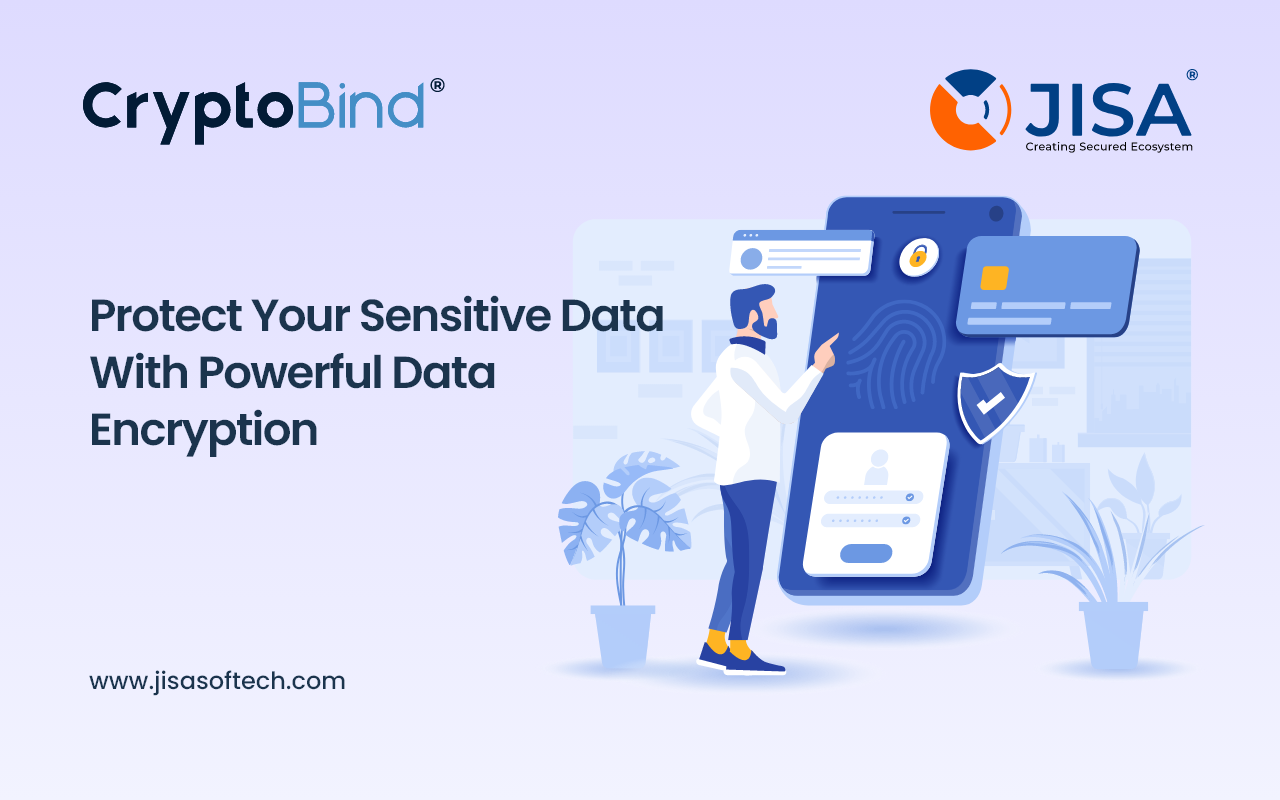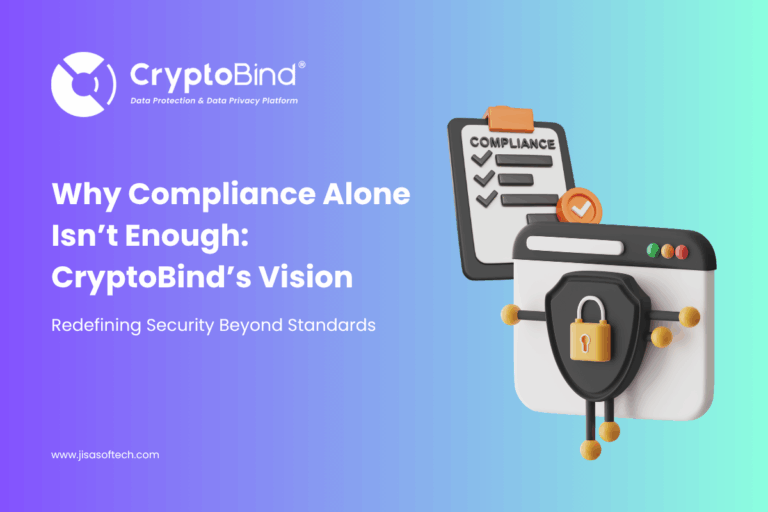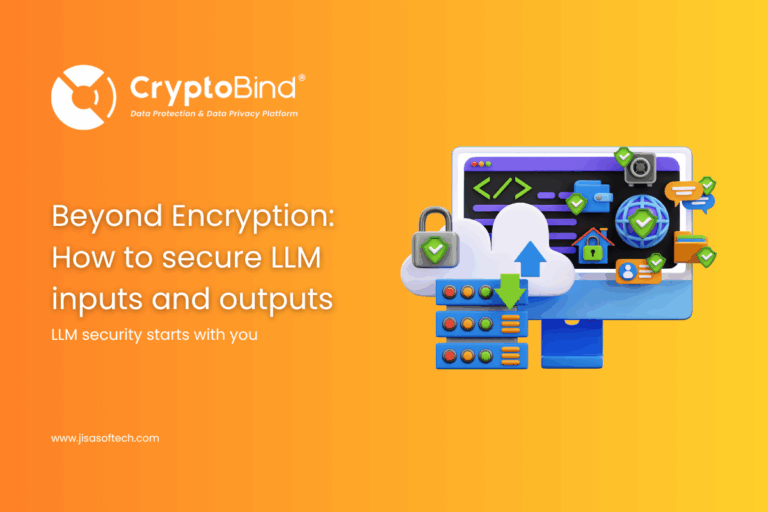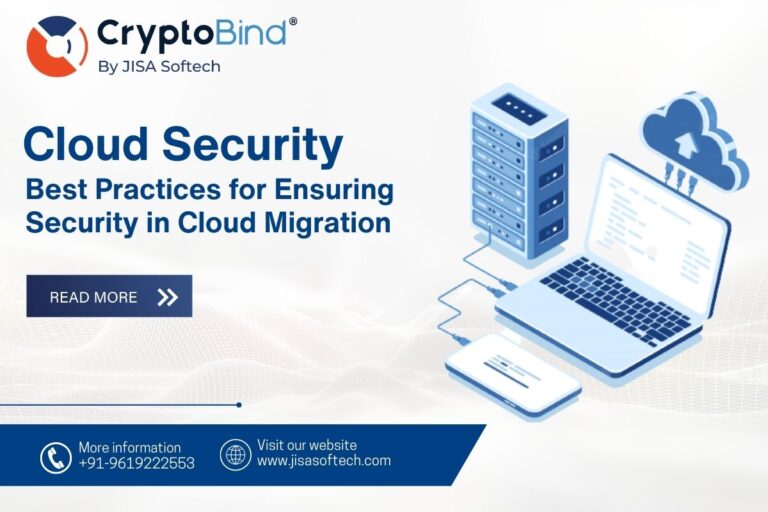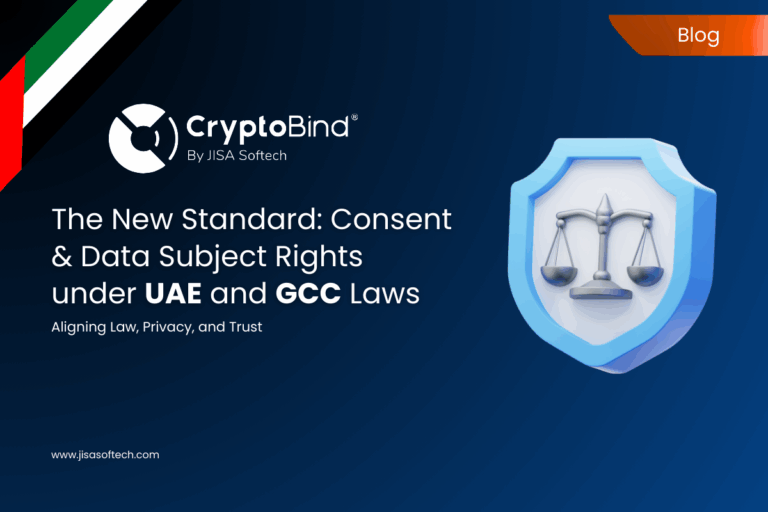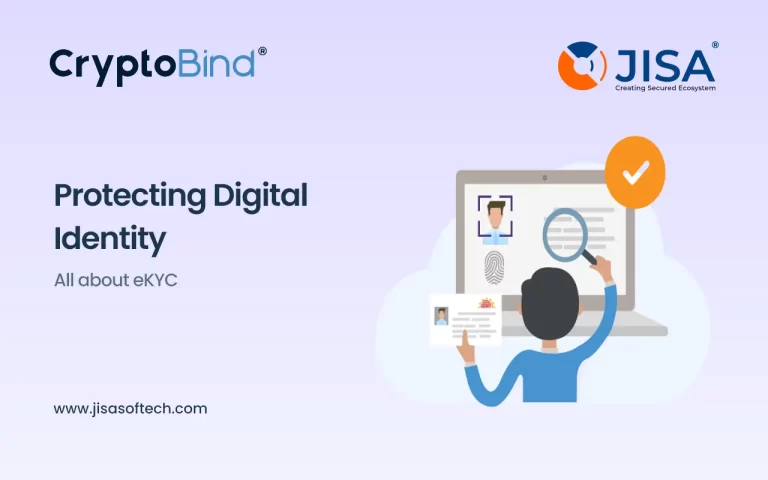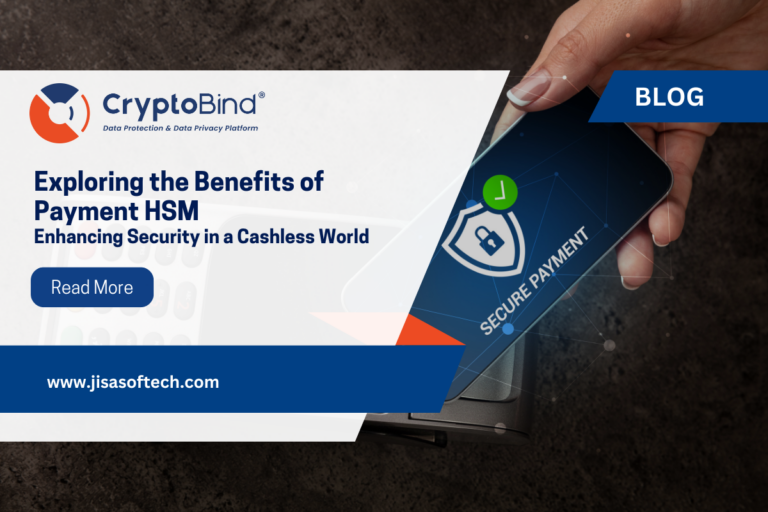Encryption – The Important Aspect of Cybersecurity
We create and share data at an astounding rate every day. All information that you digitally store and share must be adequately protected. Privacy and data protection are vital for both individuals and businesses. As a business owner, you must ensure the data security of all information that you store on your servers. With every email, text message, tweet, businesses have more data to collect and use, and without proper protection, hackers can take advantage of it.
Data is the core of business. Data is essential to meet customer needs, respond to sudden market changes and unforeseen events. Companies generate large amounts of data from multiple sources. The amount and level of detail of business data that arise in the course of doing business requires constant attention to protect and maintain it. After all, your data is more than just a static record store.
Transactions, knowledge, communication, databases, infrastructure; An organization’s information is its most valuable asset. Regardless of legal or regulatory requirements, protecting your business information should be high on your list of critical measures.
To secure data companies need a solid and continuously updated cybersecurity strategy. Within this plan, encryption is the key component to preventing data breaches and complying with data protection regulations.
What is Encryption?
Encryption is a method of encoding data so that only authorized parties can understand the information. Technically, it is the process of converting plain text into incomprehensible text, also known as ciphertext. In simpler terms, encryption takes readable data and changes it to make it appear random. Encryption requires the use of a cryptographic key – a series of mathematical values that the sender and recipient of an encrypted message agree on.
Read More: EKYC Middleware By JISA
Why is Data Encryption Important?
Encryption is a cybersecurity measure that protects private and personal data by using unique codes that scramble the data and make it impossible for intruders to read. Despite a data breach, the encryption ensures that an institution’s private data is safe even if attackers pass through the firewall.
The database encryption process is particularly recommended for companies involved in finance, healthcare, or e-commerce. Recently, cyberattacks, data breaches, or data theft have become widespread; Hence, concerns about private data are growing. People are very conscious of privacy and security and want their data to be protected and only used when needed. Businesses are increasingly collecting a large amount of private data from users. To prevent this data from falling into the hands of unauthorized persons, companies must ensure that all data they own is encrypted.
If you have an encrypted database, an attacker would have to figure out a way to decrypt the encrypted data. How far they could go depends on the complexity of the encryption and the algorithms used to generate the encrypted data. In addition, the attackers will do their best to access the encryption keys. lead them to open the vault or decrypt the encrypted data, similar to gold mining; after all, data is the new gold these days. To prevent this type of data breach attempt, it is important to protect the infrastructure in all respects, including restricting access to servers as much as possible.
The process of data encryption is straightforward. An encryption key with a specific encryption algorithm is used to translate the plaintext data into unreadable data, also called ciphertext. The encrypted data can only be decrypted with the appropriate encryption key, preventing intruders from reading the data if they violate the system’s security measures.
Individuals, businesses, institutions, and governments process, store, and transfer massive amounts of data every day. Stakeholders are sensitive to any information. There will be disastrous consequences if this information falls into the wrong hands.
Encryption accomplishes several goals related to information security, including confidentiality, integrity, and authentication. Its participation in cybersecurity is necessary and very important.
Read More: All about Securing Aadhaar Data – Aadhaar Data Vault
Importance of Encryption in Cybersecurity:
Encryption is a cybersecurity measure that protects private and personal data by scrambling the data and making it impossible for intruders to read. Even if a data breach occurs, encryption ensures that an institution’s private data is secure, even if attackers breach the firewall.
The major reason why encryption is so significant in the cyber world is because of attacks and security threats. Multiple attacks can occur over a persistent network or vary each time a connection is made.
The data encryption process is straightforward. In general, there are two distinct methods for encrypting data: solutions for data at rest and solutions for data in transit. Data at rest is information that is stored, for example, on a server or on a computer’s hard drive. Data in transit means it is transmitted, whether it is e-mail or messages from internal systems carrying the data over your network. Messages can be e-mail or internal system-to-system messages that carry data across your network.
Data Encryption Methods that are Commonly Used:
The two most common methods of data encryption are public keys, also known as asymmetric encryption, and private or symmetric encryption. Both are based on key pairs, but they differ in how the sending and receiving parties share the key and handle the encryption/decryption process.
Public Key Encryption:
With public key/asymmetric encryption, the sender uses a publicly known key to encrypt the data. The recipient owns the private key that forms the other half of the public/private key pair. By using the private key, combined with the public key, the recipient can decrypt the data.
Private Key Encryption:
In private/symmetric key encryption, the sender and receiver have the same secret key. As you can imagine, storing and transmitting secret keys involves a lot of management overhead.
Many factors need to be considered when selecting a suitable data encryption solution for your business. An encryption solution should be comprehensive yet simple: it should protect data everywhere.
How CryptoBind encryption solutions can help you protect your business?
A CryptoBind Encryption solution provides businesses and their owners peace of mind because it protects data in all states – at rest and in transit. With our encryption solution, you can go about your day knowing that your data is protected and that hackers won’t be able to access the raw data in any realistic way. It provides a high level of security in terms of confidentiality, integrity, and availability of cryptographic keys and any sensitive data processed. To ensure complete data security CryptoBind provides various data protection solutions including application-level encryption, column level encryption, Transparent data encryption solutions.
Benefits of CryptoBind Encryption Solution:
- Secure data in any state
- Support compliance
- Centralize access control
- Privacy protection
- Seurer file sharing
- Supports data integrity
- Increase consumer trust
- Increase data security
About Us:
JISA Softech is a cryptography-focused information technology company based in India. We offer cryptographic solutions to financial institutions, manufacturers, enterprises and government agencies. Our primary product lines have included industry-compliant Hardware Security Modules, Key Management Solutions, Tokenisation, Encryption, Aadhaar Data Vault, and Authentication solutions. All our Cryptographic solutions are sold under the brand name CryptoBind. Our innovative solutions have been adopted by businesses across the country to handle mission-critical data security and data protection needs.
To know more about us visit:
Website: www.jisasoftech.com
Email: sales@jisasoftech.com
Phone: +91-9619222553

